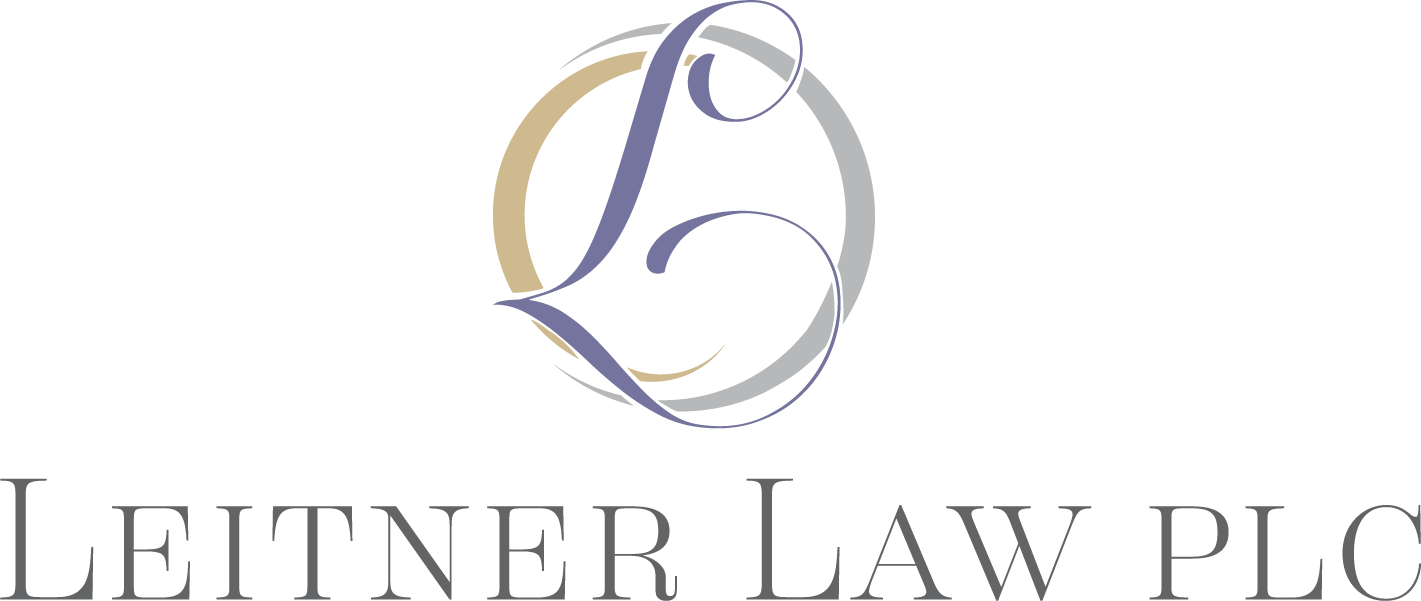Probate v. Non-Probate: What Is the Difference?
When planning your estate, it is important to understand the difference between probate and non-probate assets. Probate is the process through which a court determines how to distribute your property after you die. Some assets are distributed to heirs by the court (probate assets), and some assets bypass the court process and go directly to your beneficiaries (non-probate assets).
The probate process includes filing a will and appointing an executor or administrator, collecting assets, paying bills, filing taxes, distributing property to heirs, and filing a final account. This can be a costly and time-consuming process, which is why some people try to avoid probate by having only non-probate assets.
Probate assets are any assets that are owned solely by the decedent. This can include the following:
Real property that is titled solely in the decedent's name or held as a tenant in common
Personal property, such as jewelry, furniture, and automobiles
Bank accounts that are solely in the decedent's name
An interest in a partnership, corporation, or limited liability company
Any life insurance policy or brokerage account that lists either the decedent or the estate as the beneficiary
Non-probate assets can include the following:
Property that is held in joint tenancy or as tenants by the entirety
Bank or brokerage accounts held in joint tenancy or with payable on death (POD) or transfer on death (TOD) beneficiaries
Property held in a trust
Life insurance with a designated beneficiary
Retirement accounts with a designated beneficiary
When planning your estate, you should review all of your assets with your attorney to ensure that they will be distributed in accordance with your wishes. Your will does not control the disposition of non-probate assets, so it's important to review the ownership of your assets and your beneficiary designations to ensure that they are consistent with your estate plan.


